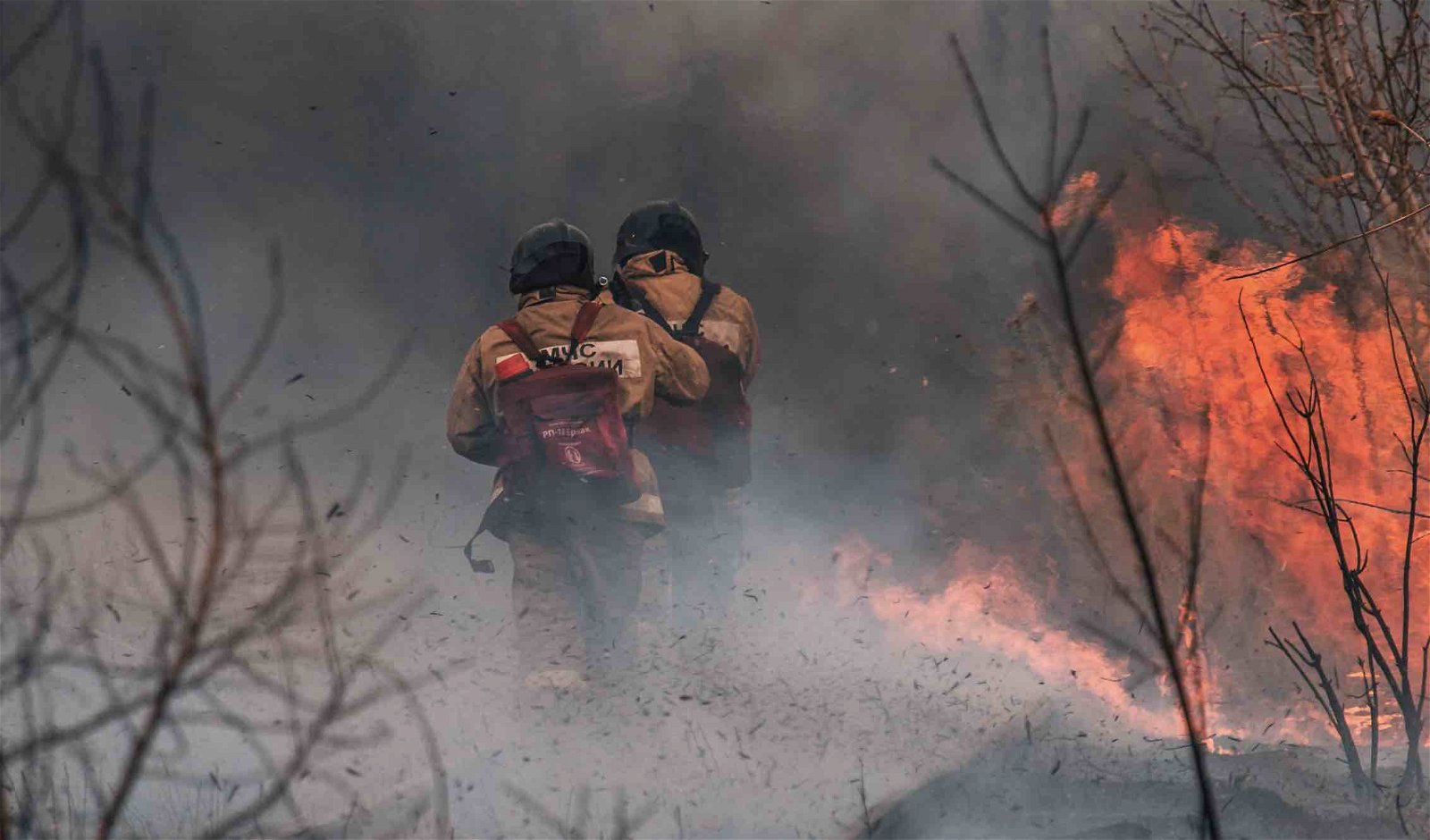The United Nations is calling on governments around the world to take urgent action in the face of climate change, according to a new report that says current efforts to combat the crisis are insufficient.
According to the U.N.’s Intergovernmental Panel on Climate Change, increases in greenhouse gas emissions have made it increasingly difficult to curb the rise of global warming above 1.5 degrees Celsius, a temperature recognized as the tipping point beyond which small changes can begin to alter planetary weather systems more radically.
The Panel’s findings were outlined in a new Synthesis Report, which IPCC Chair Hoesung Lee said “underscores the urgency of taking more ambitious action and shows that, if we act now, we can still secure a liveable sustainable future for all.”
“Human activities, principally through emissions of greenhouse gases, have unequivocally caused global warming, with global surface temperature reaching 1.1°C above 1850–1900 in 2011–2020,” the report states.
“Global greenhouse gas emissions have continued to increase, with unequal historical and ongoing contributions arising from unsustainable energy use, land use and land-use change, lifestyles and patterns of consumption and production across regions, between and within countries, and among individuals,” the report adds, noting that the IPCC’s conclusions were made with “high confidence.”
According to the report, the occurrence of extreme weather events has continued to rise in all parts of the planet, and the reduction and control of emissions around the world will be required in the years ahead to help prevent potential dangers to world populations.


Fortunately, the report also suggests that while global emissions must decrease greatly, they are currently already reducing, although more work is needed in order to reach international goals by the end of the decade.
The report was approved after a one-week convention held in Interlaken, Switzerland, and marks the first comprehensive report from the IPCC since the Paris Agreement of 2015.
Among its findings, the report also says that “Widespread and rapid changes in the atmosphere, ocean, cryosphere, and biosphere have occurred” and that anthropogenic climate change is having an impact on “many weather and climate extremes in every region across the globe.”
“This has led to widespread adverse impacts and related losses and damages to nature and people,” the report states, adding that the IPCC found with high confidence that “Vulnerable communities who have historically contributed the least to current climate change are disproportionately affected.”
Aditi Mukherji, one of the report’s 93 authors, said in a statement that “Climate justice is crucial because those who have contributed least to climate change are being disproportionately affected.”
“Almost half of the world’s population lives in regions that are highly vulnerable to climate change,” she added, noting that throughout the last decade, “deaths from floods, droughts and storms were 15 times higher in highly vulnerable regions.”
On Monday, the IPCC said that current global capital would be sufficient to aid in the significant reduction of greenhouse gas emissions and called on world leaders, policymakers, financial regulators, and others to perform their role in helping to facilitate the much-needed changes.
However, the report also states that some risks related to climate change are likely to be unavoidable and that certain damages that have already been inflicted on the environment may be irreversible “but can be limited by deep, rapid and sustained global greenhouse gas emissions reduction.”
“The likelihood of abrupt and/or irreversible changes increases with higher global warming levels,” the report states, adding that “the probability of low-likelihood outcomes associated with potentially very large adverse impacts increases with higher global warming levels.”
U.S. climate envoy John Kerry said the IPCC’s message conveyed in the report “is abundantly clear: we are making progress, but not enough,” adding in a statement that countries around the world “must take advantage of this moment to act now.”
The report was released just months ahead of the COP28 climate summit, which will be held in Dubai later this year. The U.N. is expected to publish its “global stocktake” at the November summit, which will provide its assessment of the participation of governments in helping to curb climate change.
IPCC Chair Hoesung Lee said in a statement issued Monday that “Transformational changes are more likely to succeed where there is trust, where everyone works together to prioritize risk reduction, and where benefits and burdens are shared equitably.”
“We live in a diverse world in which everyone has different responsibilities and different opportunities to bring about change,” Lee said.
“Some can do a lot while others will need support to help them manage the change.”
Micah Hanks is the Editor-in-Chief and Co-Founder of The Debrief. He can be reached by email at micah@thedebrief.org. Follow his work at micahhanks.com and on Twitter: @MicahHanks.

